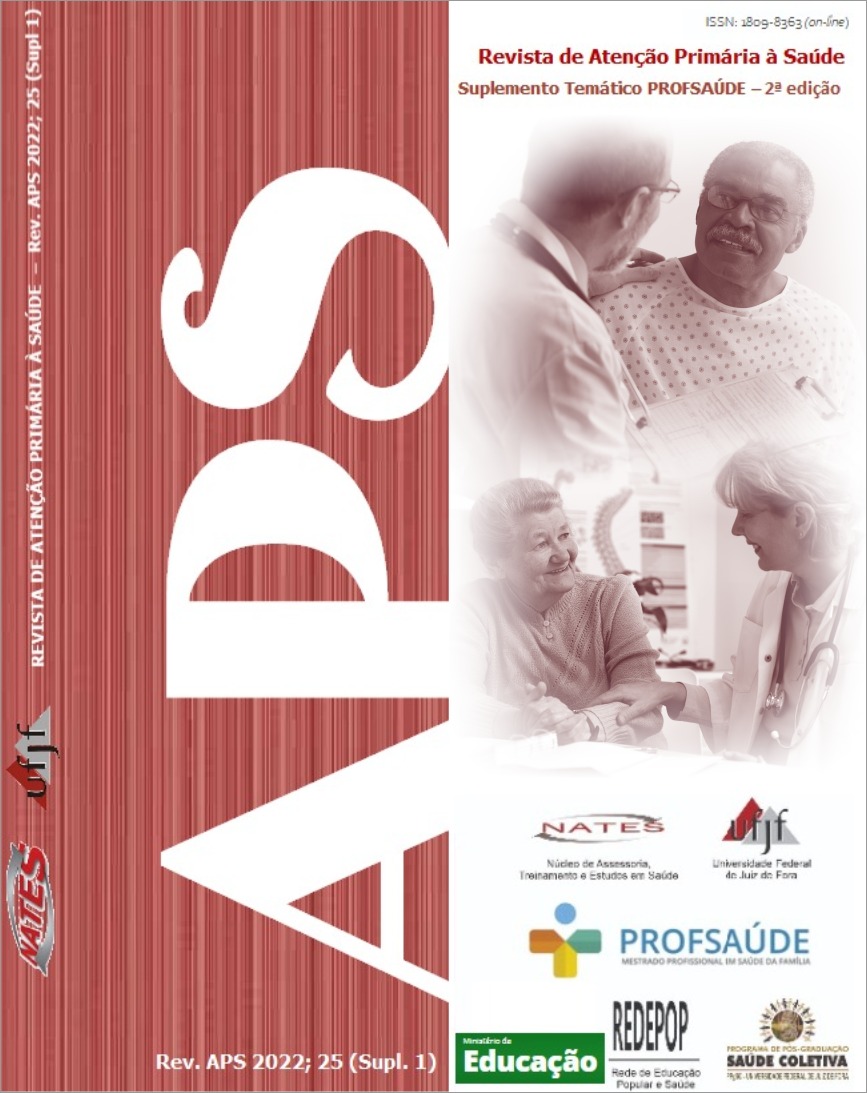Rural family health strategy in northeastern Brazil: professionals' perceptions of health and environment
DOI:
https://doi.org/10.34019/1809-8363.2022.v25.34913Keywords:
Meio Ambiente e Saúde Pública, Estratégia Saúde da Família, Saúde da população rural, Pesquisa qualitativaAbstract
Objective: to understand the perceptions of Family Health Strategy (FHS) professionals working in rural territories in municipalities of the Brazilian Northeast about the interrelationships between health and environment in the health-disease-care process of the population. Method: qualitative approach research, in which 29 interviews of seven professional categories were carried out. Thematic analysis was adopted for the processing and interpretation of the empirical material. Results: the need for information about environmental issues and their impact on the health-disease process, as well as environmental awareness in the approach to the territory. There is an understanding of the environment as a determinant of health, but from an embryonic perspective, besides an insufficient articulation with social determination and the need for emancipatory practices in the context of health and environment. Conclusions: We emphasize the importance of strengthening the FHS practices, based on the assumptions explained in the National Policy of Integral Health of the Forest and Water Countryside Population. We reinforce the need to develop training processes, involving the team to contribute to the transformation of the health reality of the countryside and water populations.











